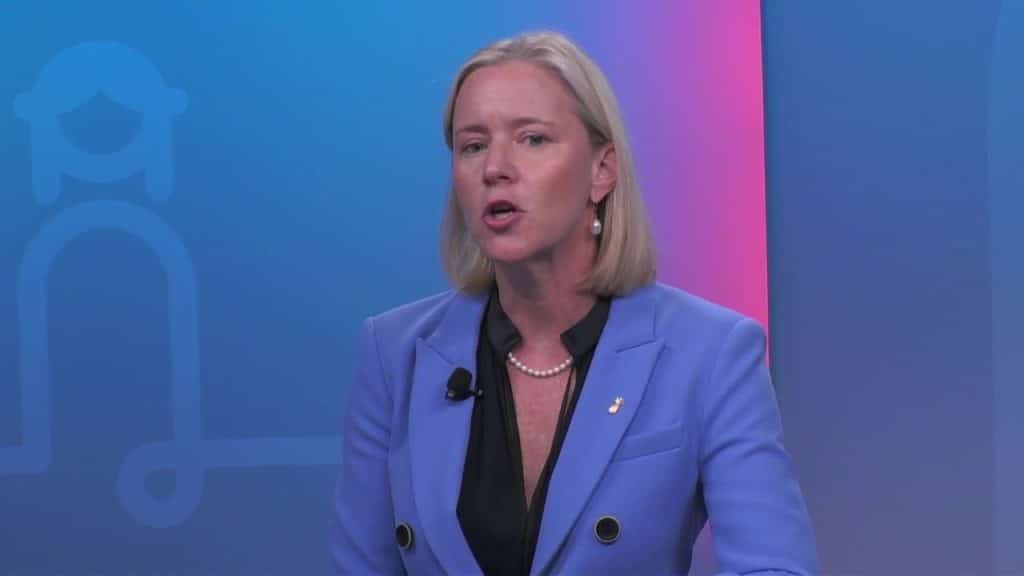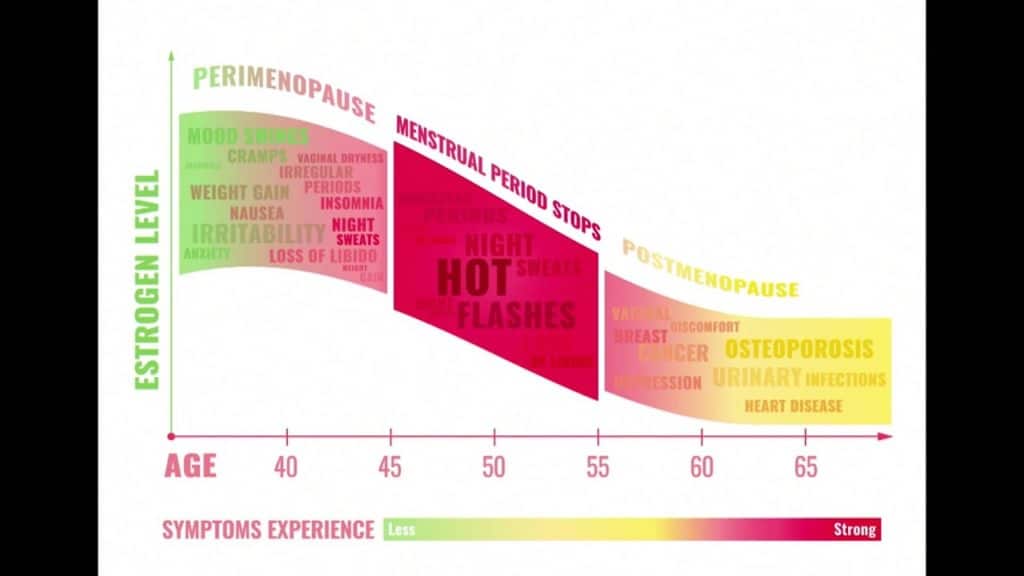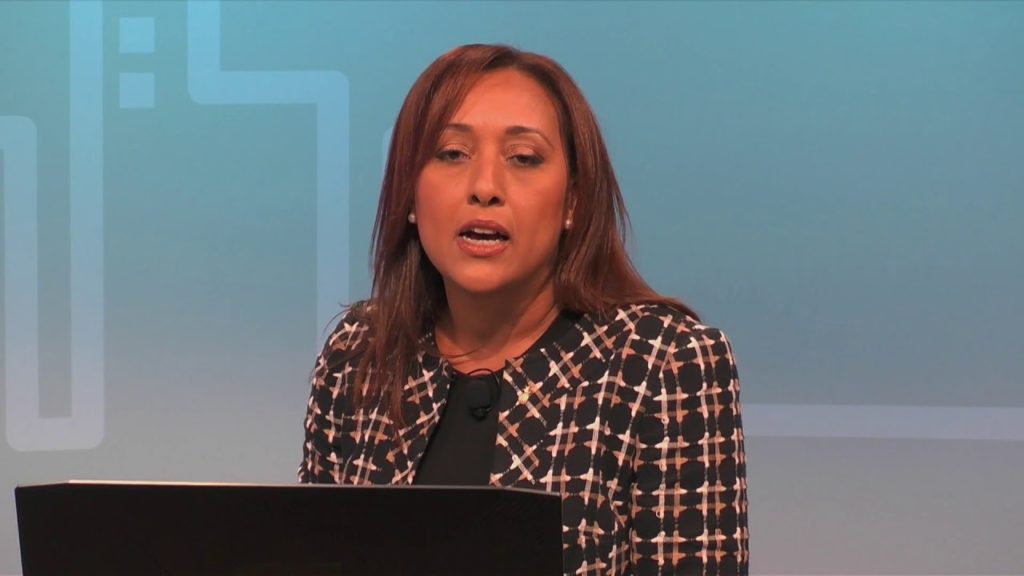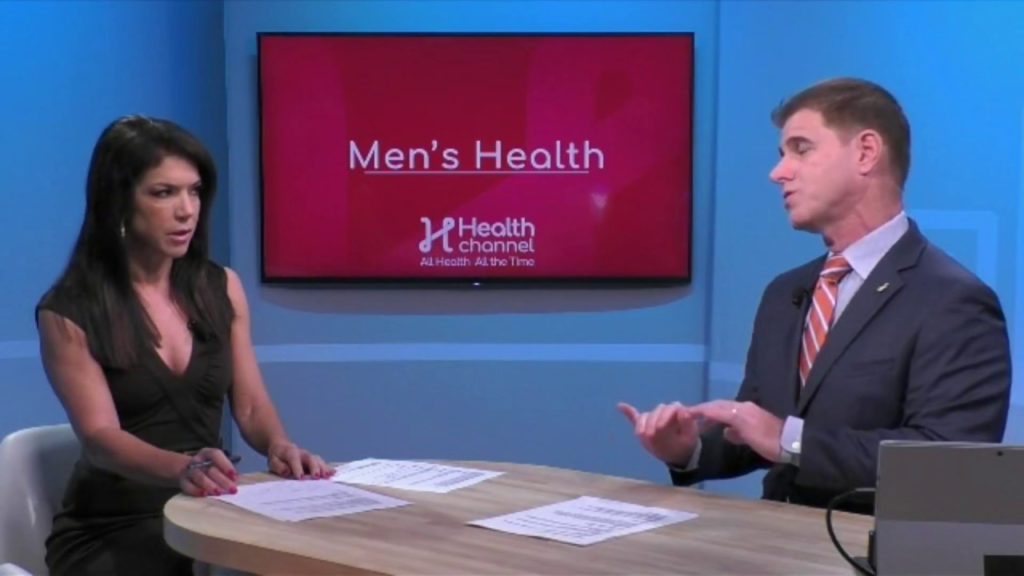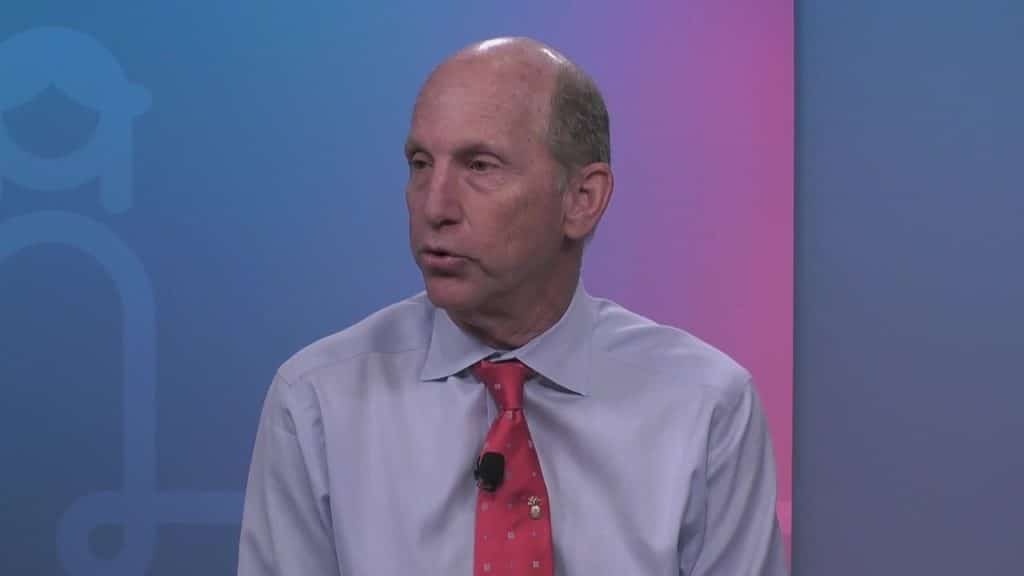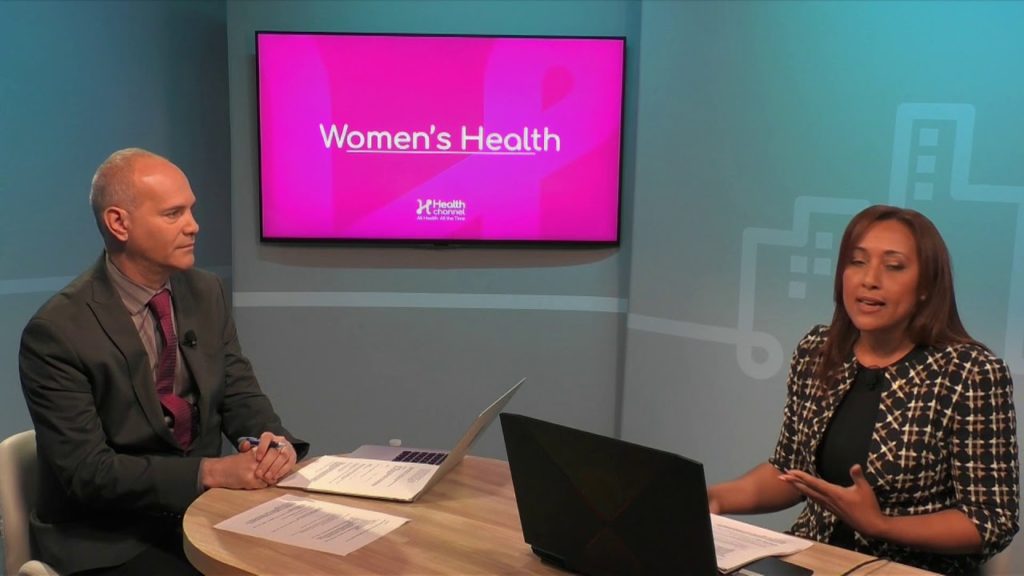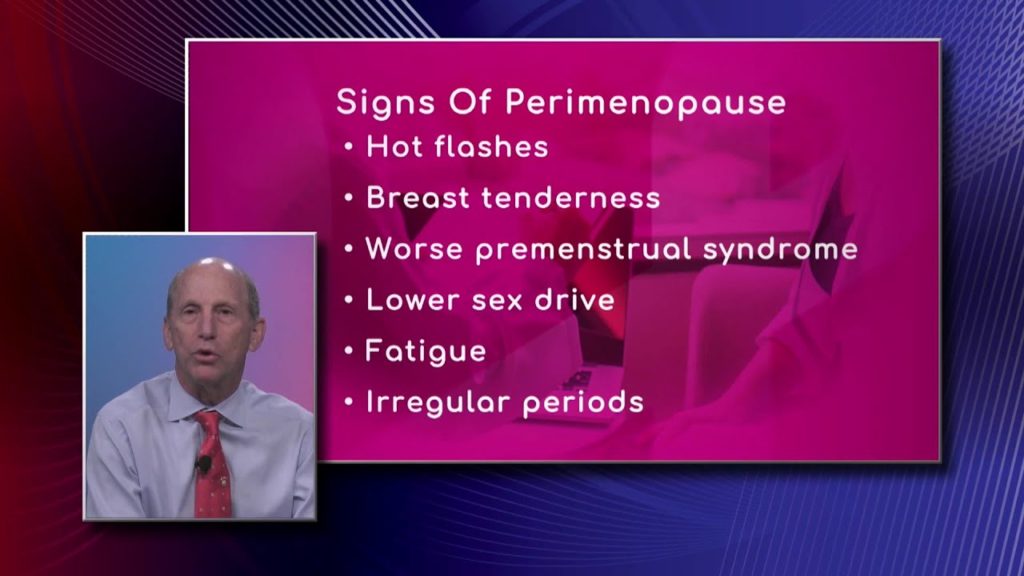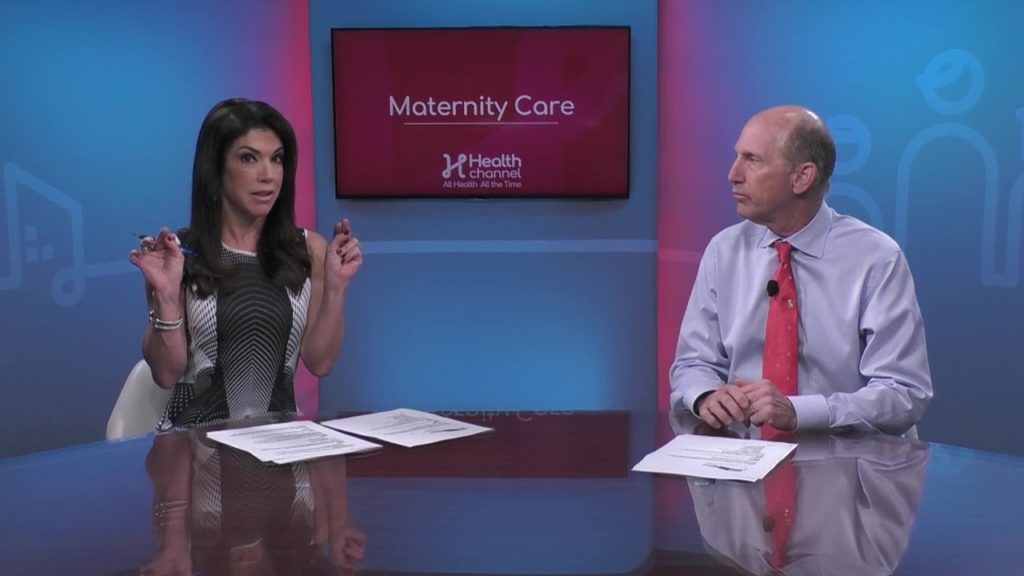
Estrogen: Benefits and Risks
Dr. Michelle Starke, Obstetrician and Gynecologist with Baptist Health South Florida, advises educating the patient on the pros and cons of estrogen, because there are numerous systemic benefits for women using estrogen. She describes estrogen improves blood flow to the brain, the patient is going to have less word finding issues, less memory lapses, it’s…...
Read MoreLearning about Perimenopause
What is perimenopause? Dr. Robert Feldman, Chief and Medical Director of Obstetrics and Gynecology with Baptist Health South Florida, explains this term and talks about how it affects women in their 40s...
Read MoreDealing with menopausal hot flashes
Hot flashes at night are signs of menopause in women. Agueda Hernández, Medical doctor at Baptist Health Primary Care, says it is important for doctors to make sure nothing else is going on, because they can be symptoms of thyroid dysfunction, for example. It is needed to assess the patient's risk of being on hormone…...
Read MoreMale Menopause, a Challenging Tag
Manuel Torres, Family Medicine Physician at Baptist Health Primary Care, explains menopause is an ovarian failure or an inability to produce sex hormones and men don't technically go through a menopause where the testicles no longer function and work, which is why old men can still conceive. According to him, a man that starts suffering…...
Read MorePerimenopause and Antidepressants
Do antidepressants help with perimenopause symptoms? Dr. Robert Feldman, Chief and Medical Director of Obstetrics and Gynecology with Baptist Health South Florida, explains how antidepressants are related to perimenopause signs and the two different ways they work to decrease hot flashes...
Read MoreImproving bone health during menopause
There are some steps to improve bone health, such as not smoking, not drinking too much alcohol, talking to your doctor and taking an osteoporosis medication. Agueda Hernández, Medical doctor at Baptist Health Primary Care, says taking calcium is necessary for building bone and vitamin D helps to absorb that calcium. She also recommends women…...
Read MoreSigns of Perimenopause
How can you tell if you are having perimenopause? Dr. Robert Feldman, Chief and Medical Director of Obstetrics and Gynecology with Baptist Health South Florida, talks about its symptoms, such as hot flashes, lower sex drive, and fatigue, among others...
Read MorePerimenopause: Diagnosis
How can a woman be diagnosed with perimenopause? Dr. Robert Feldman, Chief and Medical Director of Obstetrics and Gynecology with Baptist Health South Florida, explains the importance of the symptoms, such as irregular periods, and how the hormone levels fluctuate and their incidence in the blood tests...
Read More

